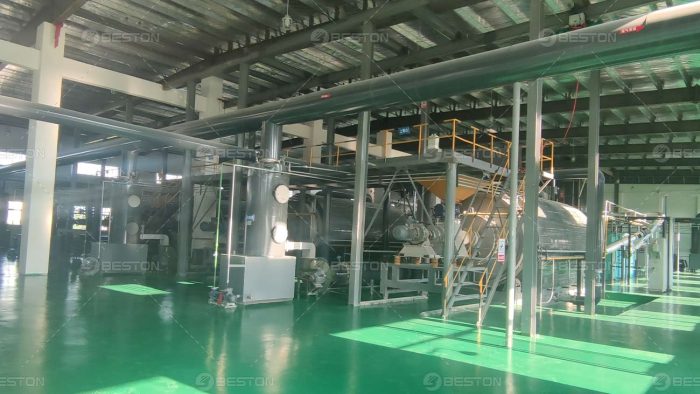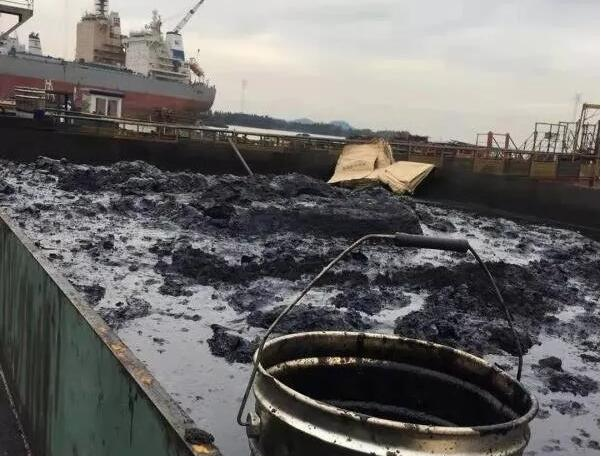In the labyrinth of industrial processes, a dark underbelly often hides, festering silently until its consequences become too palpable to ignore. One such clandestine peril is oil sludge—an insidious byproduct that demands our immediate attention. This hazardous waste, a result of industrial activities, poses a grave threat to our ecosystem, necessitating urgent measures for containment and resolution.
Genesis of the Issue
Oil sludge is the viscous residue that accumulates during the process of oil refining. Often relegated to the periphery of public discourse, this byproduct harbors a slew of environmental hazards. As industrial machinery relentlessly processes crude oil, a conglomeration of organic and inorganic compounds coalesce into a noxious amalgamation. The consequences of this concoction extend far beyond its immediate surroundings.
The Culprit: Industrial Practices
At the heart of this environmental conundrum lies the unwavering march of industrial progress. The relentless pursuit of energy resources, while fueling our economies, leaves behind a trail of ecological wreckage. The oil sludge pyrolysis plant, designed to mitigate the aftermath, finds itself at the epicenter of a battle against time and negligence.

The Environmental Time Bomb
Unbeknownst to many, oil sludge is a ticking environmental time bomb. Its composition, laden with heavy metals, hydrocarbons, and other toxic substances, poses a severe risk to soil, water, and air quality. The very elements that power our industries become the harbingers of ecological imbalance when their residues are left unchecked.
Urgent Imperatives: Addressing the Crisis
1. Technological Intervention
In the face of this burgeoning crisis, technological innovation becomes our saving grace. Advancements in oil sludge treatment plant holds the key to mitigating the environmental fallout. Cutting-edge methodologies, such as thermal desorption and bioremediation, offer a glimmer of hope in the battle against this industrial scourge.
2. Regulatory Vigilance
A pivotal aspect in curbing the proliferation of oil sludge is stringent regulatory oversight. Governments and international bodies must collaborate to enforce and enhance regulations governing industrial waste management. The implementation of comprehensive frameworks can act as a deterrent against the irresponsible disposal of hazardous byproducts.

The Ripple Effect: Ecological Ramifications
The repercussions of neglecting the issue at hand are manifold. Soil contamination, water pollution, and air quality degradation become the domino effect of an unchecked oil sludge epidemic. Agricultural productivity dwindles, aquatic ecosystems face decimation, and respiratory ailments burgeon in areas proximal to industrial hubs. So it is necessary to take measures for petroleum sludge treatment and disposal.
A Call to Action
The gravity of the situation necessitates a collective call to action. Industries, policymakers, and the public at large must align in a concerted effort to address the impending environmental catastrophe. Awareness campaigns, educational initiatives, and collaborative endeavors are imperative to steer the narrative towards a sustainable future.
In Conclusion
In the grand tapestry of industrial progress, the darker threads often escape our scrutiny. Oil sludge, a seemingly inconspicuous byproduct, emerges as a potent symbol of the environmental perils we face. The urgency to address this issue cannot be overstated. Through technological advancements of crude oil sludge treatment plant, regulatory diligence, and a collective commitment to sustainable practices, we can dismantle the looming threat of oil sludge and pave the way for a cleaner, greener tomorrow. The responsibility rests on our shoulders; the time to act is now.